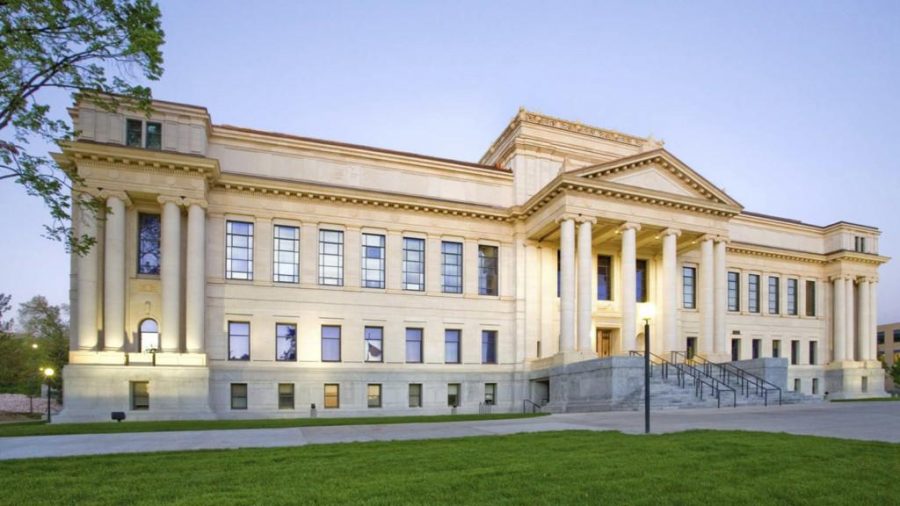Students are the latest victims of a string of right-wing policies laid out by President Donald Trump’s administration — an administration that seems intent on targeting only the most innocent populations. In this case, it is immigrant children and sexual assault victims.
Speaking through Attorney General Jeff Sessions, the president announced his allegedly carefully considered decision to rescind the Obama-era policy Deferred Action for Childhood Arrivals (DACA).
DACA “was effectuated by the previous administration through executive action, without proper statutory authority and with no established end-date, after Congress’ repeated rejection of proposed legislation that would have accomplished a similar result,” Sessions wrote in a letter sent to the Department of Homeland Security. “Such an open-ended circumvention of immigration laws was an unconstitutional exercise of authority by the Executive Branch.”
Legal arguments aside, it is asinine to think that economic woes or issues of immigration can be addressed by deporting children. The Pew Research Center reports that there are about 790,000 unauthorized immigrants in the U.S. who benefit from DACA, a program that allows immigrants who came to this country before age 16 to stay with work or school permits. There are an estimated 1.1 million who are eligible for DACA benefits, and 800,000 permit renewals were issued in 2012.
The effects of Sessions’ morally inept remarks are all around us. One Utah State University student, Jeunee Roberts, told The Utah Statesman she felt safe standing in line to register for classes, even though she is from Trinidad and Tobago and does not have U.S. citizenship. These feelings of safeness and security fled with the Trump administration’s announcement. Roberts immediately thought about everything: her home, her education, her future. “All of my memories are here, all of my friends are here, my life is here,” she told the Statesman. “This is it for me — I don’t have anything else.”
DACA’s “Dreamers” are, unfortunately, not the only ones who ought to be concerned for their safety in the Trump era. Education Secretary Betsy DeVos recently told an audience at George Mason University that her administration would be making revisions to campus sexual assault policies that she said have “failed too many students.”
“Through intimidation and coercion, the failed system has clearly pushed schools to overreach,” DeVos said. “With the heavy hand of Washington tipping the balance of her scale, the sad reality is that Lady Justice is not blind on campuses today,” adding that “Every student accused of sexual misconduct must know that guilt is not predetermined.”
Indeed, campuses have failed students in regards to sexual assault. Students seldomly feel comfortable coming forward to report their assault, and convictions of guilty offenders are rare. DeVos, however, was referring to a different kind of failure, a negligence to adequately protect and defend the accused. This misdirected concern on DeVos’ behalf is the real failure.
College campuses are often derogatively referred to as “safe spaces.” Jokes and political commentary aside, colleges and universities should, in fact, be safeguarded areas. There isn’t a reason any student should feel intimidated for registering for classes and trying to get an education. Parallely, no student should feel statistically likely as a college student to be sexually assaulted, or have to worry about whether their school’s Title IX office will protect them.
The response to these federal policies from Utah schools has been promising. University of Utah President David W. Pershing reaffirmed that the U is “unwavering in its commitment to undocumented students.” In a joint letter to Utah legislators, the presidents of Utah’s eight public universities wrote: “We urge you to support a legislative solution as soon as possible to enable all students who have grown up in the United States to continue contributing to communities and classrooms in ways made possible by higher education.”
It is promising that college and university presidents in Utah have been quick to stand up for students. Let’s hope this bold defiance continues, and that Utah’s senators and representatives follow.
letters@chronicle.utah.edu


